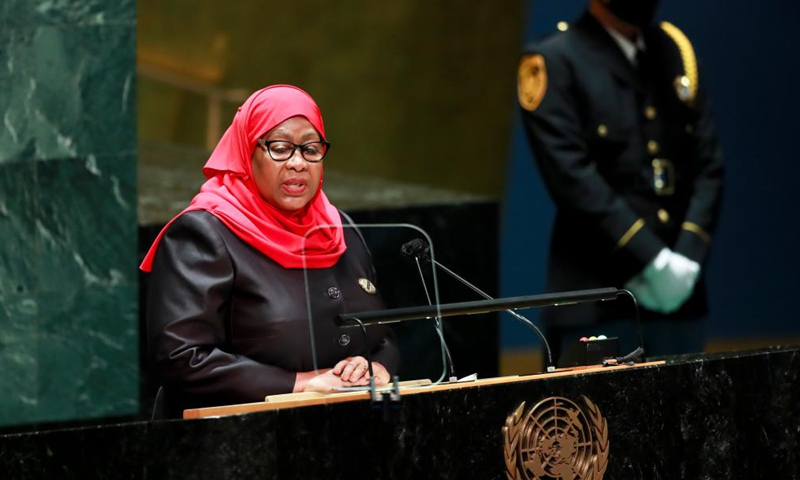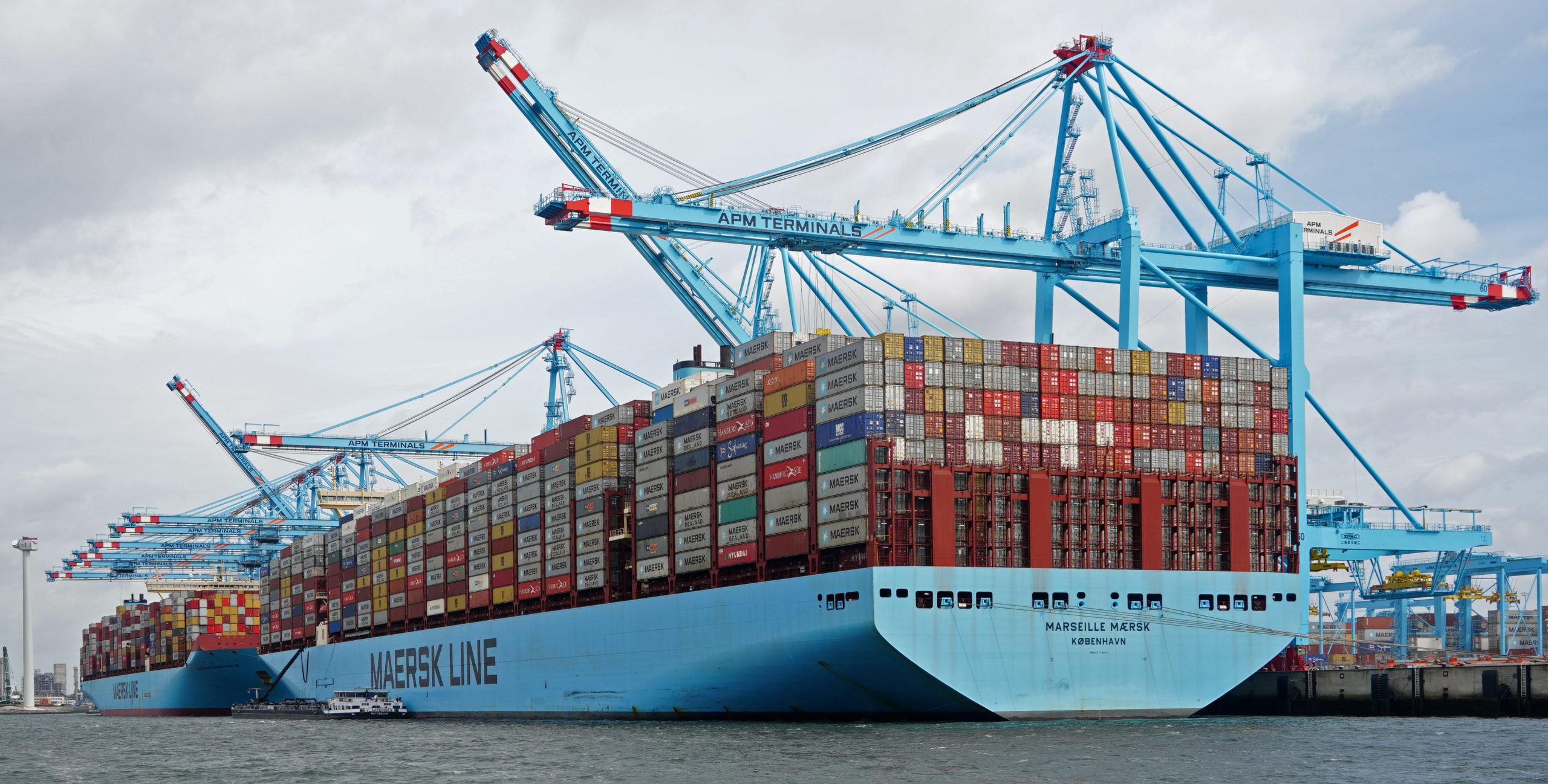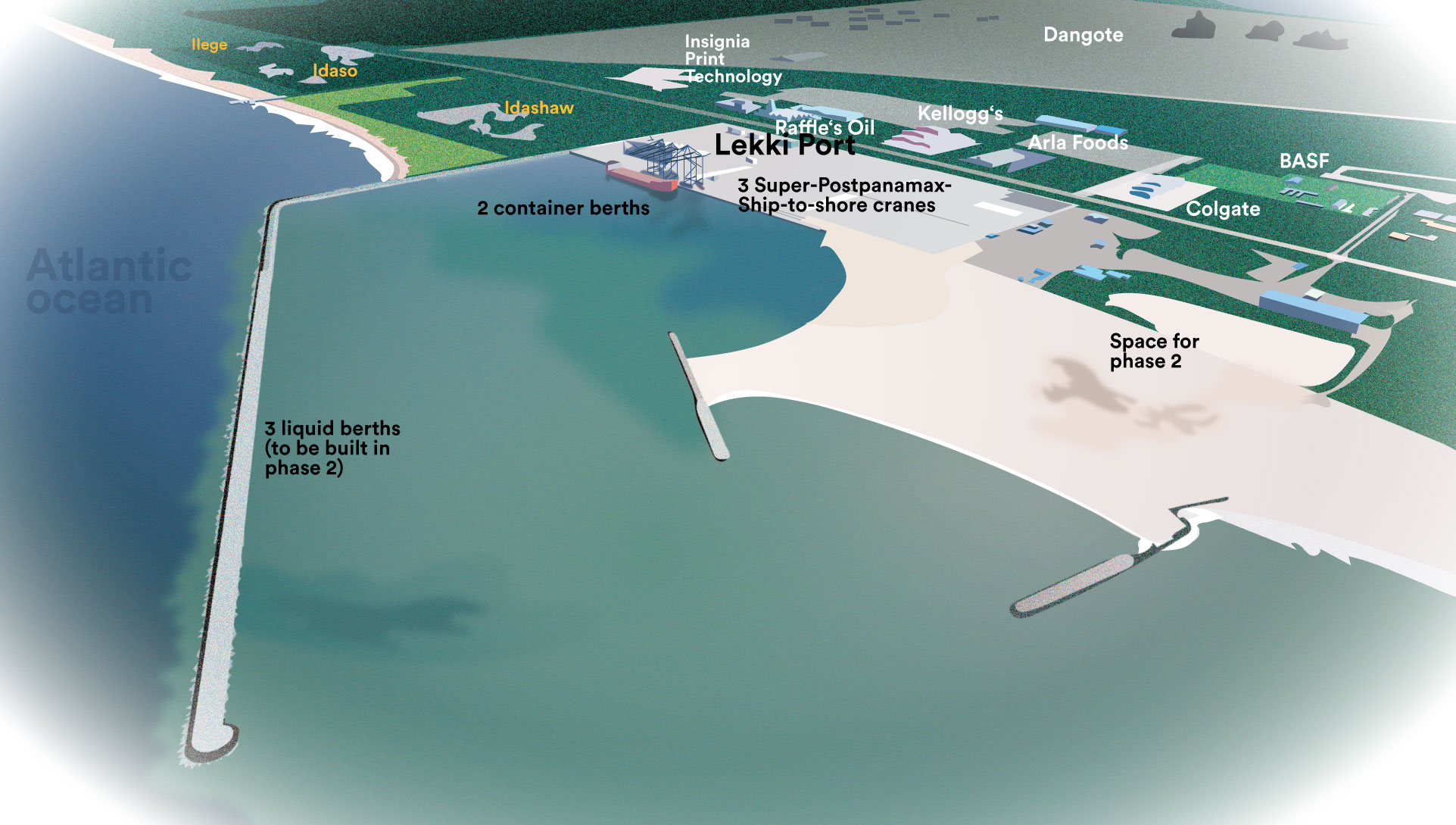Tanzania is China’s gateway to Africa
Beijing has long understood the value of strong ties with the East African country
by Adriel Kasonta November 9, 2022
Zanzibar Harbor. Trade volume between China and Tanzania reached US$6.74 billion in 2021. Photo: Wikipedia
On November 2, Tanzanian President Samia Suluhu Hassan arrived at Beijing Capital International Airport to commence a three-day official visit after President Xi Jinping extended an invitation to her last month. This marks a crucial event in the African continent’s history.
The symbolism of Hassan’s trip was reflected in the fact that it was her first journey to the Middle Kingdom since she came to power in March 2021 and coincided with her Chinese counterpart securing a historic third term in power.
This makes her the first African leader to be hosted by Xi in Beijing after the 20th Congress of the Communist Party of China, which highlights the importance of Tanzania, and Africa more generally, in the Asian powerhouse’s foreign-policy strategy.
Before a welcoming banquet at the Golden Hall of the Great Hall of the People, and right after the red-carpet treatment at the Northern Hall, Hassan and Xi held talks covering such important topics as agriculture, industrial and infrastructural development, science and technology investment, and trade. As a result, the East African nation managed to secure 15 strategic agreements with the world’s No 2 economic giant.
Among the signed bilateral documents was a draft loan agreement for the Zanzibar International Airport Terminal II project, worth around US$56.72 million, and a grant of almost $13.8 million. The latter is a part of an Agreement on Economic and Technical Cooperation. Moreover, Beijing has decided to waive a portion of Dar es Salaam’s debt worth $13.49 million.
Special relationship
However, from the perspective of 58 years of diplomatic relations between China and Tanzania, the most significant part of the meeting was a decision to establish a comprehensive strategic cooperative partnership between the two nations that serves as a highly important culmination of their traditional all-weather friendship.
While “Tanzania has never been high on the list of official US relationships in Africa,” as Professor Tony Waters argued in his peer-reviewed article published in African Studies Quarterly in 2006, this certainly was not the approach of the officials in Beijing.
In fact, a special relationship between the two countries can be traced back to the anti-imperial struggles of their founding fathers, including the late Mwalimu Julius K Nyerere and Abeid A Karume in Tanzania and Mao Zedong, Zhou Enlai and later Deng Xiaoping in China – with that country expressing unconditional support for the East African nation long before becoming the political and economic superpower of today.
To put this into perspective, soon after Tanganyika and Zanzibar united on April 26, 1964, and became one country, China automatically extended diplomatic ties with the new entity known as Tanzania. This was immediately followed by the signing of many documents on bilateral cooperation between the two countries in the fields of economy, trade, culture and health.
Among the most crucial agreements established during the early era of Sino-Tanzanian relations, we can certainly include the Treaty of Friendship between the two countries signed in February 1965 and the agreement concerning the construction of the Tanzania-Zambia Railway signed in September 1967.
Interestingly, the latter marks one of the most important railway projects in the history of the African continent.
Today, the current leadership in Beijing seems to be even keener to cultivate the strong bond of friendship between the two countries, as no other Chinese leader has visited the region as often since Deng Xiaoping launched his open-door policy in 1978 as President Xi Jinping.
Most notably, it was Tanzania that he picked for his maiden foreign trip one week after assuming the office in March 2013 (after a brief stopover in Russia), with a goal of incorporating it into his Belt and Road Initiative (BRI) vision that saw the Bagamoyo port connecting eight African markets to China’s economy.
During the visit, President Xi delivered a historic speech at the China-aided Julius Nyerere International Convention Center in Dar es Salaam titled “Remaining Reliable Friends and Faithful Partners Forever.” But the friendship was tested by the late former president John Magufuli, who accused his predecessor Jakaya Kikwete of mishandling negotiations of the project framework and halted it indefinitely in 2019 after labeling it as “exploitative and awkward.”
Down to business
Things took an unexpected turn after the business-minded President Hassan came to power. The new president immediately resumed talks for a $10 billion China-backed port that Ecofin Agency once labeled “the most significant construction project in the last four decades of Chinese-Tanzanian relations,” with a capacity to handle 20 million cargo containers per year. Hence it would have made it more efficient than Europe’s biggest port in Rotterdam.
After two decades of sustained growth, Tanzania reached an important milestone in July 2020, when it formally graduated from a low-income country to lower-middle-income country status. The country’s policy objectives remain guided by the Tanzania Development Vision 2025 and the supporting five-year development plans that aim to make it a semi industrialized nation by 2025.
But this, as Angellah Kairuki, former minister of state in the Prime Minister’s Office responsible for investment, acknowledged, will only be possible with the increasing presence of Chinese investment.
As far as numbers are concerned, China is a prime source of foreign direct investment (FDI) into Tanzania, with 1,098 investment projects worth $9.6 billion in the mainland and 15 projects worth $202 million in Zanzibar registered at the Tanzania Investment Centre (TIC) by October this year.
This translates into 300,000 jobs for the citizens of both parts of the union and an increase in their living standards.
Regarding trade volume between China and Tanzania, it reached $6.74 billion in 2021, up 47.1% year on year, and the East African nation’s exports to the Asian giant reached a worth of $606 million, up 47.3% year on year.
Despite the growth rate being faster than the average level in the continent, national poverty in Tanzania declined marginally from 27.1% in 2020 to 27.0% in 2021, making it still a relevant enemy of the country, as the late president Nyerere warned.
To change this sad state of affairs, the East African country needs the Bagamoyo port to serve as “an industrial gateway not only for youth-filled Tanzania but half a dozen landlocked African countries.”
Integrating Dar es Salaam into the New Silk Road project would boost economic activity in Tanzania and transform it into China’s gateway to Africa. This win-win outcome could serve as a beautiful gift to both nations as they near the 60th anniversary of their ironclad friendship in 2024.



